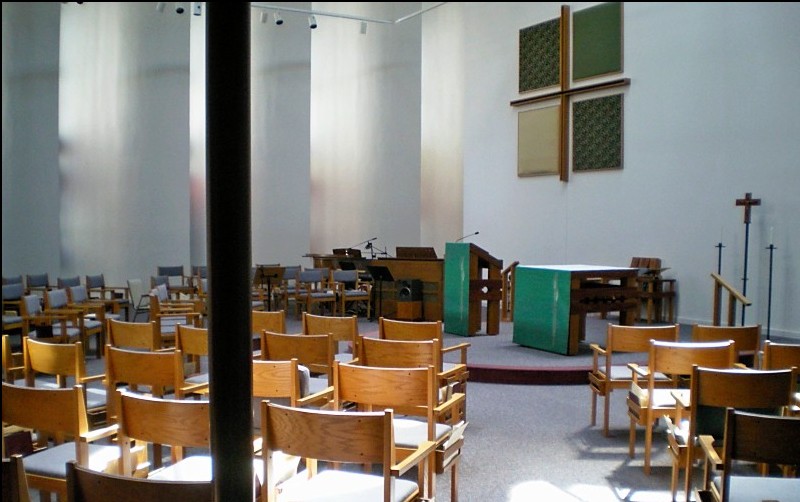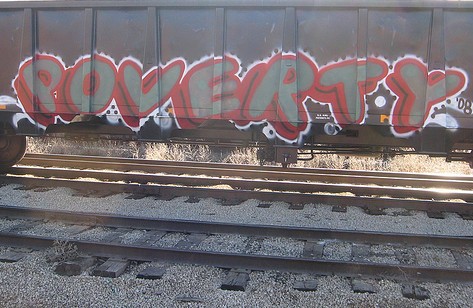The Kern Pastors’ Network Director’s Post is a recurring feature on the KPN website offering news and commentary about the KPN and the extent to which its vision of human flourishing is becoming reality by the grace of God.
“I’m prepared to contend that the primary location for spiritual formation is in the workplace.”
– Eugene Peterson, “Christ Plays in Ten Thousand Places: A Conversation in Spiritual Theology,” p. 127.
It’s Lent and I have something to confess. For years, I preached about the work of grace conforming us to Christlikeness, yet I never seriously considered the significance of the workplace as a location for spiritual formation. Because of this, I likely reinforced the sacred/secular divide in the minds of my parishioners, and failed to help them attend to the rich opportunities for spiritual growth available in their work settings.
Faithful readers of the KPN website understand that by “work” we refer to contribution, not remuneration. Paid or unpaid, it makes no difference – our labor has intrinsic value as a reflection of God’s image in us, as an expression of neighbor-love, and as evidence that we are, by God’s grace, stewarding God’s cultural mandate (Genesis 1:28).
Sabbath-keeping is surely an important discipline and means of grace; Eugene Peterson emphasizes this in the section of his book containing the quote above. Daily quiet time and weekly Sabbath rest protect us from idolatry, self-importance, and burnout. They also enable us to cultivate the capacity for wonder in which spiritual formation thrives. Elsewhere in his book, Peterson says, “Keeping Sabbath, a day of studied and vowed resistance to doing any work so they could be free to see and respond to who God is and what he is doing, was basic in the lives of the women and men who found Jesus alive on the first day of the new creation week” (p. 129). Those women and men were on their way to work when they saw the Lord.
I believe that my old sermons gave Sabbath-keeping its due. But my preaching failed to cast an imaginative vision for spiritual formation in the workplace. How might my listeners have expressed their commitment to live as apprentices to Jesus through their work lives? Would their attitudes and conduct at work have been transformed by a theologically grounded appreciation for the intrinsic value of work? Would they have forsaken the false modesty that keeps so many people from reaching their full potential? Would they have pushed past the “good enough” mentality that settles for less than one’s best after learning that our work is an offering to God? Would they have approached interpersonal and organizational conflict differently if they’d viewed workplace challenges as opportunities to grow in grace, focus, and maturity? And if I had adopted the discipline of visiting my parishioners at work, as some Kern Pastors have begun to do, would my preaching and pastoral care have been more helpful?
Maybe, with God’s help. None of this would have been easy–because work, like each one of us and the rest of creation, has been corrupted by the Fall. Nobody bats a thousand. But I believe people who approach these things mindfully, prayerfully, day after day, do indeed grow in grace.
If my confession informs your own reflections about faithful pastoral ministry during this Lenten season, I will be pleased. As for me, I rest in God’s grace. “If we confess our sins, he is faithful and just and will forgive us our sins and purify us from all unrighteousness” (1 John 1:9). Glory to God.
From the Kern Pastors Network. Image: Jennifer Woodruff Tait.












